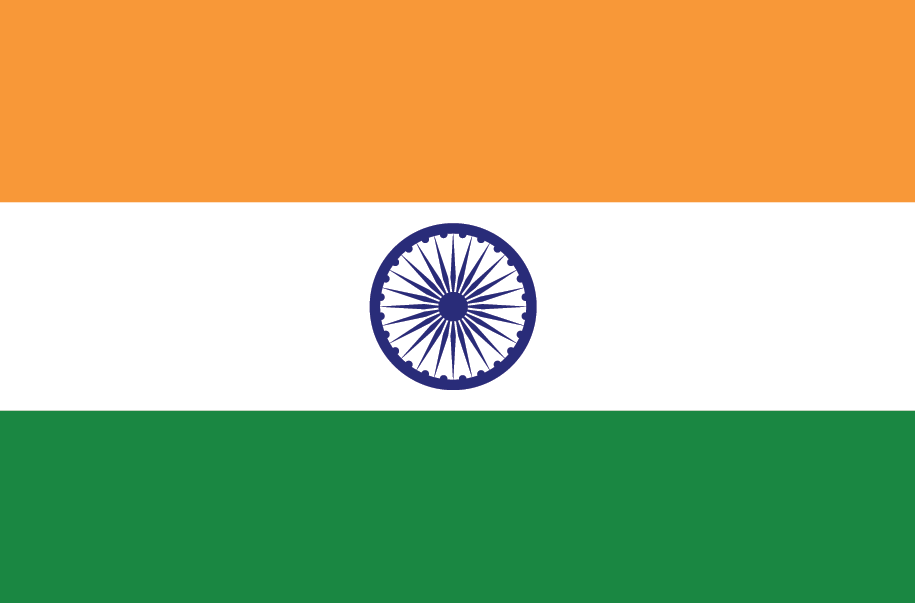
Sustainability Efforts
Country: India
Explore sustainability efforts in India. The United States Environmental Protection Agency (“EPA”) said it well when they state:
“Sustainability is based on a simple principle: Everything that we need for our survival and well-being depends, either directly or indirectly, on our natural environment. To pursue sustainability is to create and maintain the conditions under which humans and nature can exist in productive harmony to support present and future generations.”
About India
India, located in South Asia, is a culturally diverse and historically rich country. It is known for its ancient civilization, architectural wonders like the Taj Mahal, and spiritual sites like Varanasi. India offers a vast range of landscapes, from the snow-capped Himalayas to the golden beaches of Goa. Its cities, like Delhi, Mumbai, and Kolkata, showcase a blend of modernity and tradition. India’s cuisine is renowned globally, with diverse regional dishes and flavors. The country is also famous for its colorful festivals, such as Diwali and Holi, and traditional art forms like classical dance and music. With its vibrant culture, historical sites, and warm hospitality, India offers a unique and immersive experience for travelers. Sustainability efforts in India will enhance the country’s future.
Sustainability Efforts
Toggle each button below to “open” and “close” the presented data.

India has made progress in reducing poverty levels. Government programs like the National Rural Employment Guarantee Act (NREGA) have provided employment opportunities to millions of people. The poverty rate decreased from 21.9% in 2011 to 20% in 2019, according to the World Bank.

India actively addresses hunger through food security programs like the Public Distribution System (PDS). Despite challenges, India has reduced the percentage of undernourished people from 18.7% in 2004-06 to 14.8% in 2017-19, according to the FAO.

India is continually working to improve healthcare access. The government launched the Ayushman Bharat program, providing health insurance coverage to vulnerable populations. The country has seen significant improvements in life expectancy, reaching 69.7 years.

India emphasizes quality education and has seen progress in increasing school enrollment rates. Government initiatives like the Sarva Shiksha Abhiyan focus on providing universal elementary education.

India is committed to promoting gender equality. Legal reforms and initiatives like Beti Bachao, Beti Padhao aim to empower women and address gender-based discrimination.

India is actively working to provide access to clean water and improved sanitation. Initiatives like Swachh Bharat Abhiyan focus on improving sanitation and access to safe drinking water.

India is investing in renewable energy sources, including solar and wind power. The country has set ambitious targets for renewable energy production and has become a global leader in renewable energy adoption.

India has experienced significant economic growth, with a GDP growth rate of 4.2% in 2019-20. Economic reforms and a growing business sector have contributed to this growth.

India promotes innovation and technological advancements, particularly in the IT and pharmaceutical sectors. Initiatives like "Make in India" aim to foster innovation and economic competitiveness.

India is implementing policies to reduce income inequalities and address disparities among various social and economic groups. Initiatives include affirmative action programs and social welfare schemes.

India is focusing on sustainable urban development and smart city initiatives. Projects like the Smart Cities Mission aim to enhance urban infrastructure and reduce pollution.

India promotes responsible consumption and production practices, including waste management and sustainable agriculture. Initiatives like the National Mission for Sustainable Agriculture focus on sustainable resource management.

India is actively engaged in climate action, with a commitment to increasing renewable energy production. The country is working to reduce carbon emissions and enhance climate resilience.

India is dedicated to preserving its aquatic environment, including the protection of marine life and biodiversity. Conservation efforts aim to combat pollution and overfishing.

India values its natural environment, including diverse landscapes and ecosystems. Conservation measures include the establishment of national parks and wildlife sanctuaries to protect its natural heritage.

India maintains institutions that uphold justice and the rule of law. The country is committed to peace, human rights, and ensuring accountability for past injustices.

India actively collaborates with international partners and organizations to achieve sustainable development goals. The country participates in various global initiatives and seeks international support for its development efforts.



